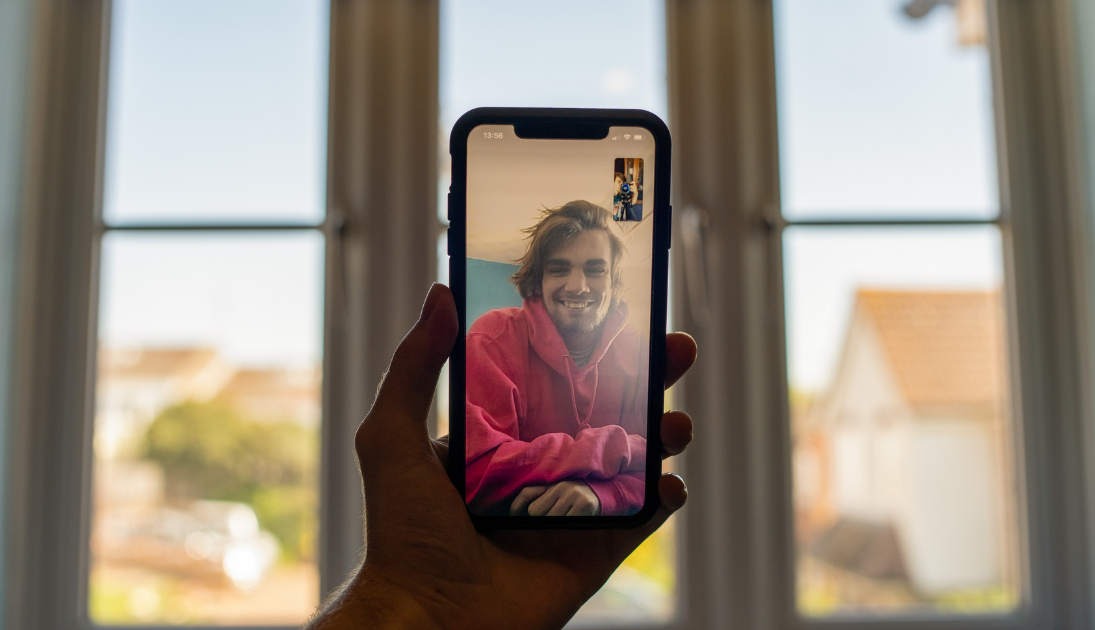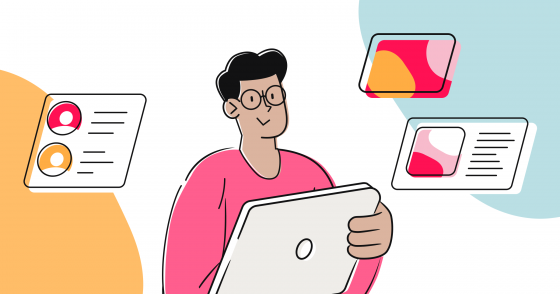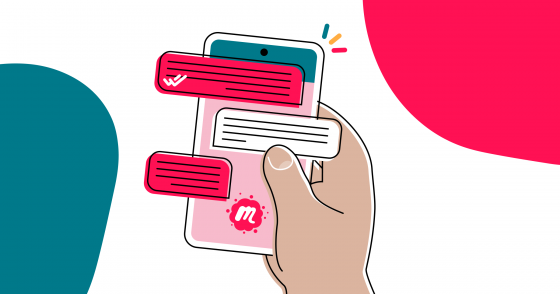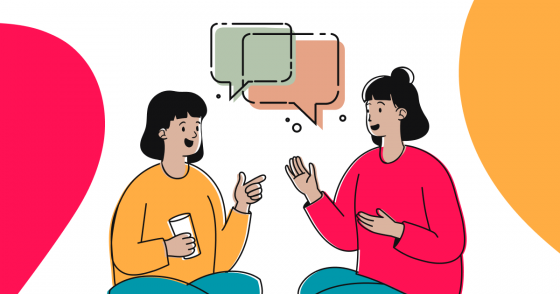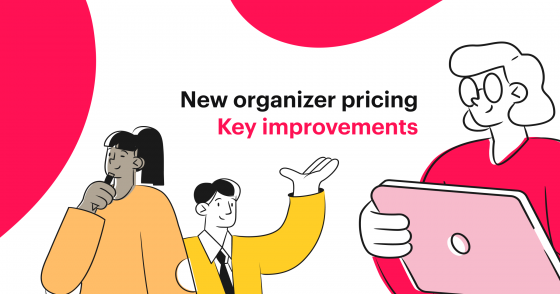If you’ve been feeling more isolated in the wake of 2020, you’re not alone (even if it feels that way!). Studies conducted before the COVID-19 pandemic showed that three out of five Americans reported feelings of loneliness and by April 2020, Google searches for isolation hit an all-time high. While keeping communities safe from Coronavirus, social distancing measures have impacted an already serious problem of loneliness.
Feeling connected is defined by psychologists as feeling in touch with someone who cares about you. This is important for many reasons including the desire to feel understood, cared for, and considered by others. Often, we find that sense of community with people in shared physical locations. An increasing number of workplaces have opted to conduct business remotely, making interactions between coworkers less frequent. Similarly, more people are choosing to live alone, with about 30 percent of American adults opting to live alone. With the rise of single living and the decline of in-person social gatherings, it’s no surprise that we’re in the midst of what some are calling a loneliness epidemic.
At Meetup, we connect people. While many social media sites contribute to negative feelings and isolation, in a study by the University of Pennsylvania, Meetup was shown to increase feelings of connectedness and self-confidence. For nearly two decades, we’ve worked with Meetup group organizers and members to foster a sense of community in more than 50 million members in 190 countries. We’ve learned a lot about how to create and maintain connections—even now. Here are some strategies to help you feel more connected and improve your wellbeing.
1. Make more eye contact
Making eye contact with anyone, including strangers, helps with an increase of oxytocin, a hormone known to improve mood and emotions. Your brain automatically reacts to seeing another person’s eyes, so increase your eye contact during day-to-day interactions like shopping, running errands, or walking outside. The benefits of locking eyes extend to virtual interactions, including video calls. Try out this Zoom hack: position the picture of the person you are chatting with beneath your device’s camera to increase eye contact. Set a goal to get more eye contact in one or two more interactions per day.
2. Try something new
With fewer social commitments, it’s all too easy to slip into a nonstop rotation of mundane routines. Break that rut by experiencing something new. Pick up supplies to try out a hobby or craft. Prepare for the future when you can safely travel again by learning phrases in a new language. Pick up an instrument or learn how to code. The possibilities are endless. The simple act of trying something new increases the release of oxytocin which is extremely valuable in improving mood, mental health, and feelings of connectedness. Another positive effect of trying something new is a sense of accomplishment.
3. Gather with others (safely)
A study published in the Journal of Personal and Social Psychology shows that gatherings consistently enhanced personal and collective self-esteem and efficacy, positive affect, and positive social beliefs among participants. To find a safe gathering with people who share an interest with you, browse Meetup events that are hosted online, or socially-distanced events in person that follow local guidelines where it is safe to do so.
4. Smile through it
The simple act of moving muscles in your face to create a smile triggers a release of endorphins and serotonin in your brain. These activated neurotransmitters are your brain’s way of lowering stress, fighting depression, and stabilizing moods. Lucky for you, your brain cannot tell the difference between a genuine or forced smile. Go ahead and trick yourself into feeling better by putting on a big grin beneath your face mask. The same goes for laughing. Listening to an amusing podcast, comedy special, or audiobook is an excellent way to start feeling happier and more connected to the world around you.
5. Find your community
It’s no shock that having a reliable group of friends to talk with greatly increases the feeling of being more connected to others. But making time to find a circle of friends requires effort. One way to start is by reaching out to people near you: neighbors, coworkers, and friends who live in your town or neighborhood. Invite someone to a casual outing like a socially-distanced walk or coffee date. Another popular tactic is to pursue an interest or hobby and meet people with similar interests.
It’s hard to overstate the value of community for living a healthy life, and reported effects include increased motivation, career opportunities, and greater life satisfaction. Millions of people are using Meetup to build community: find yours today.
Last modified on January 12, 2021

